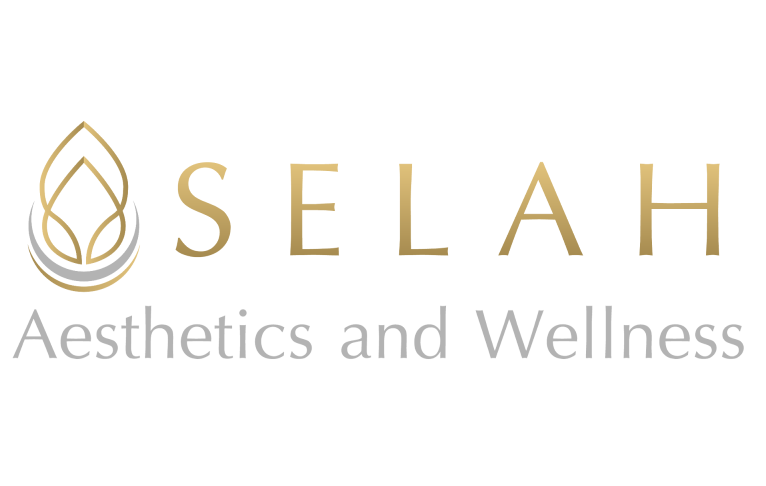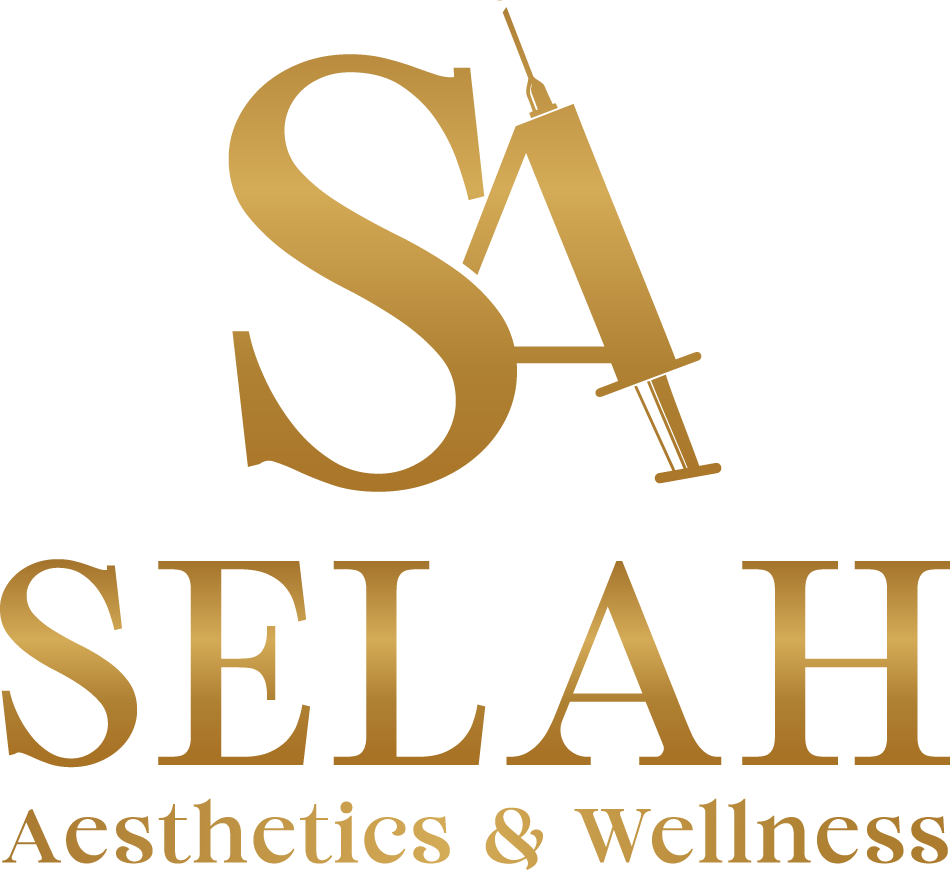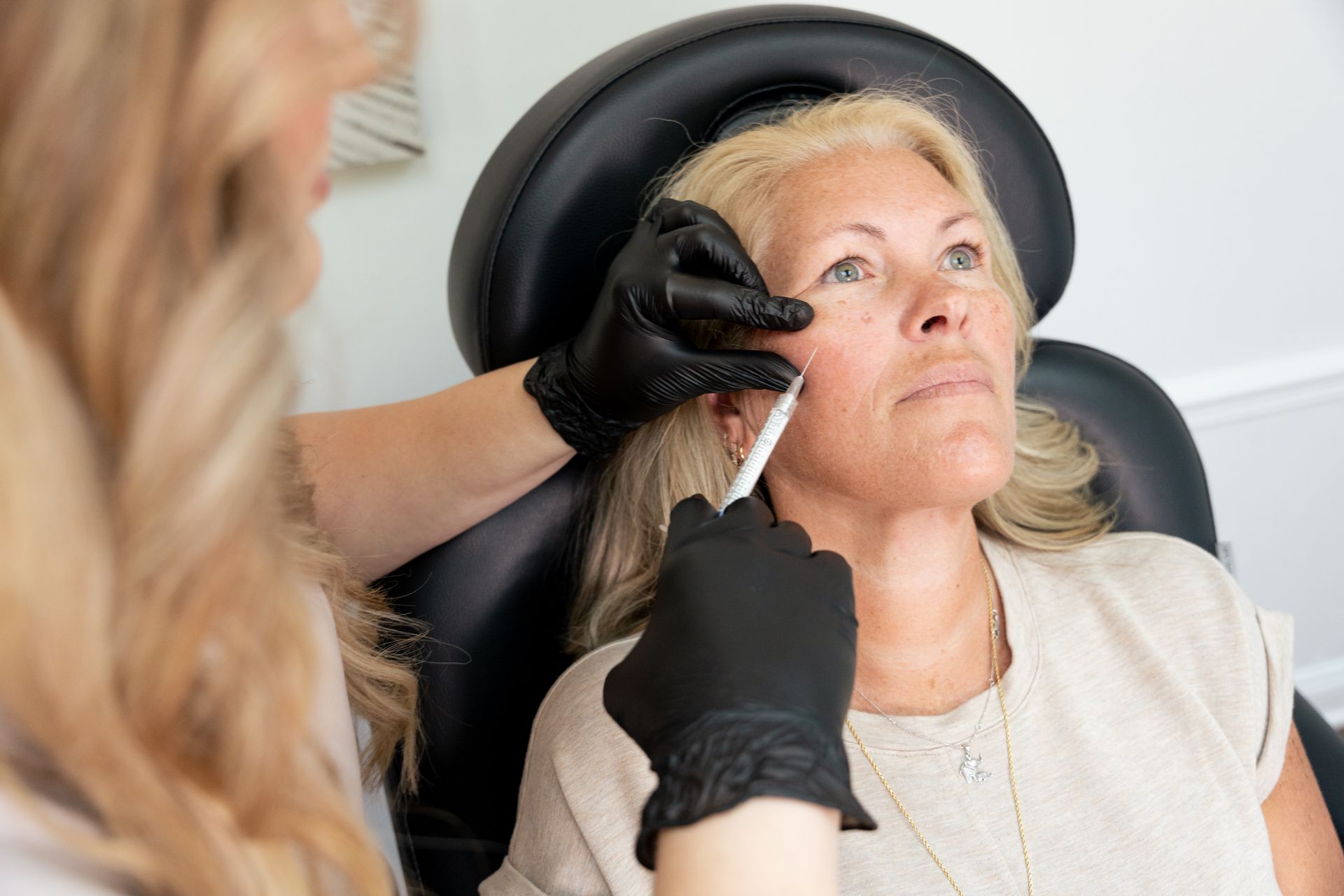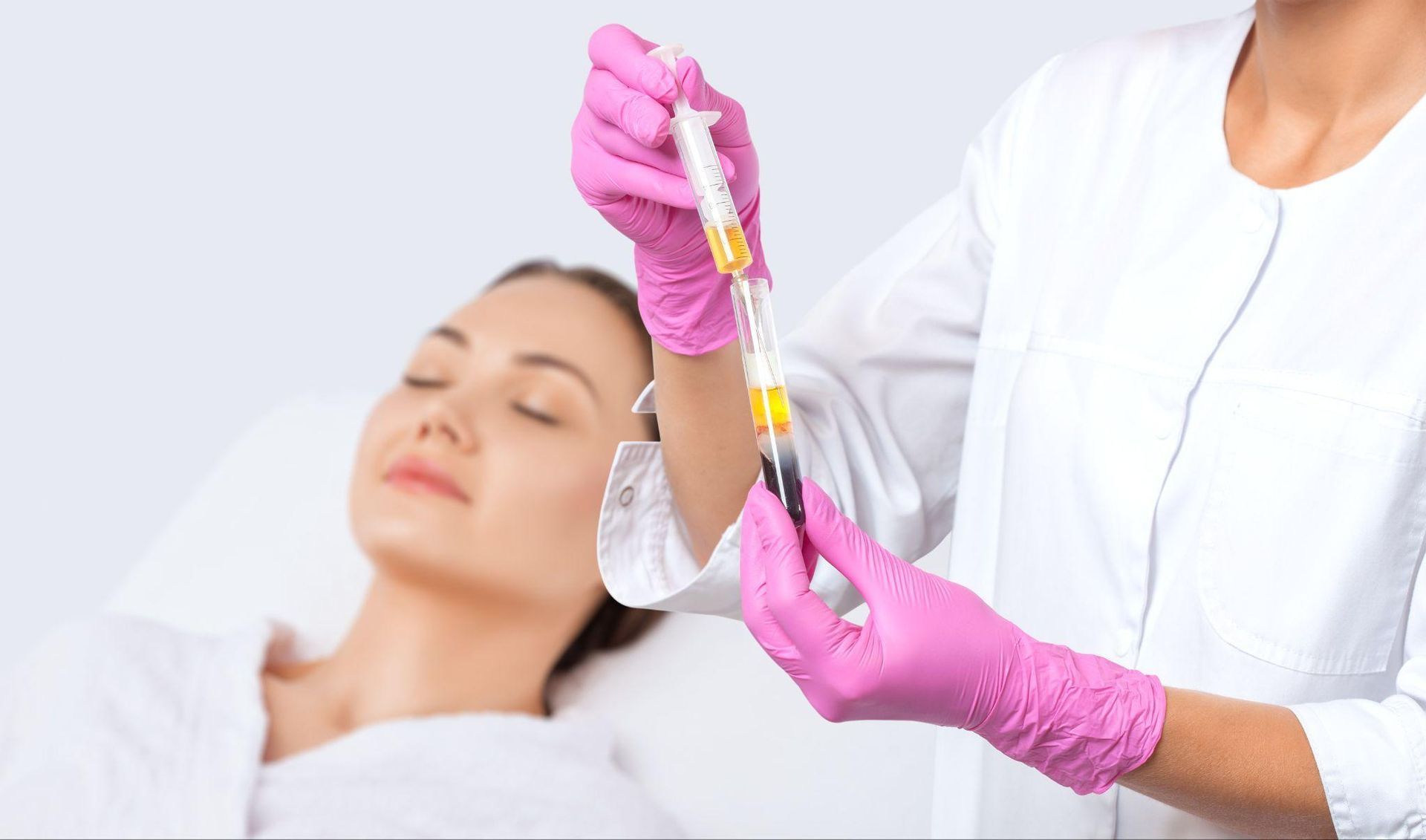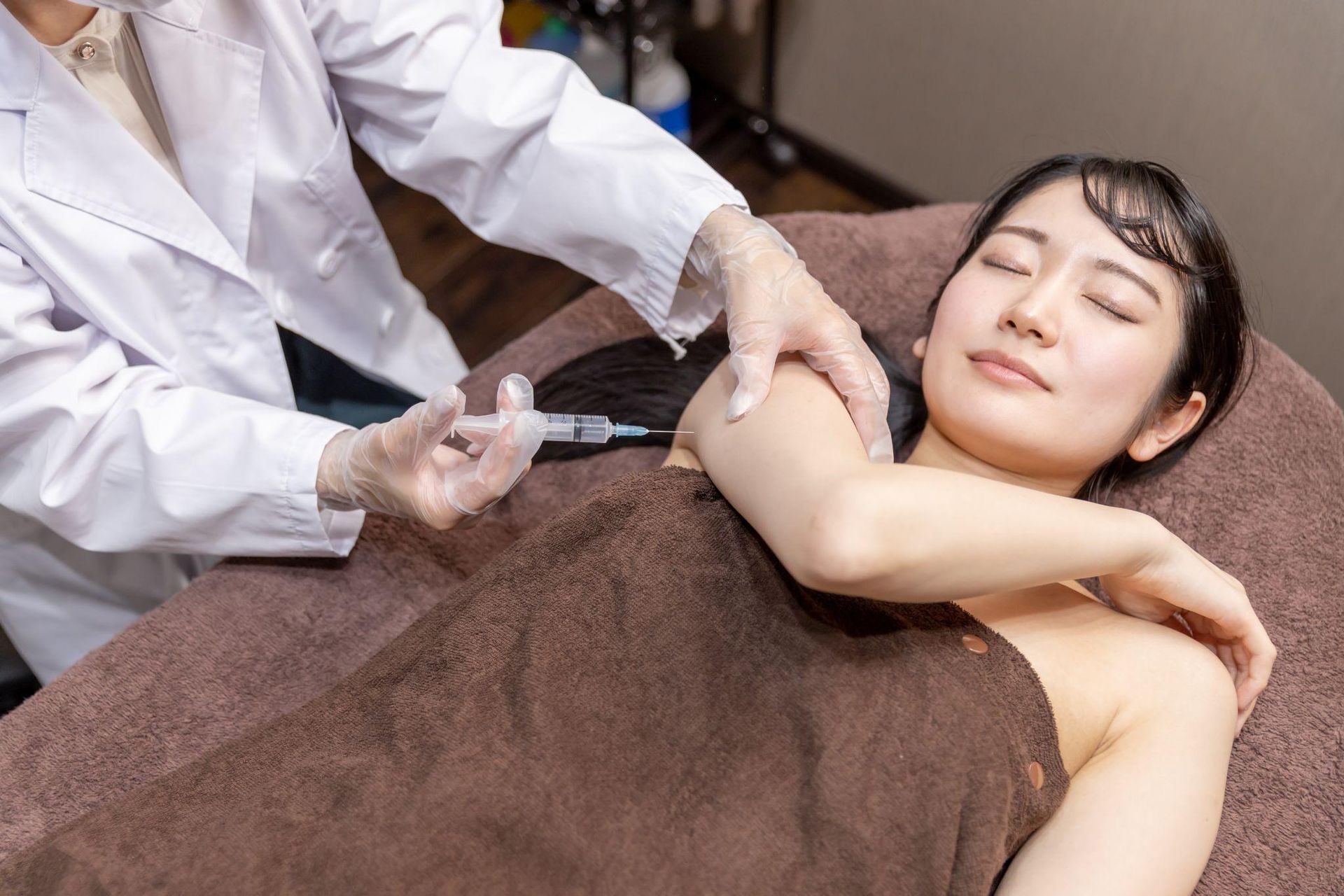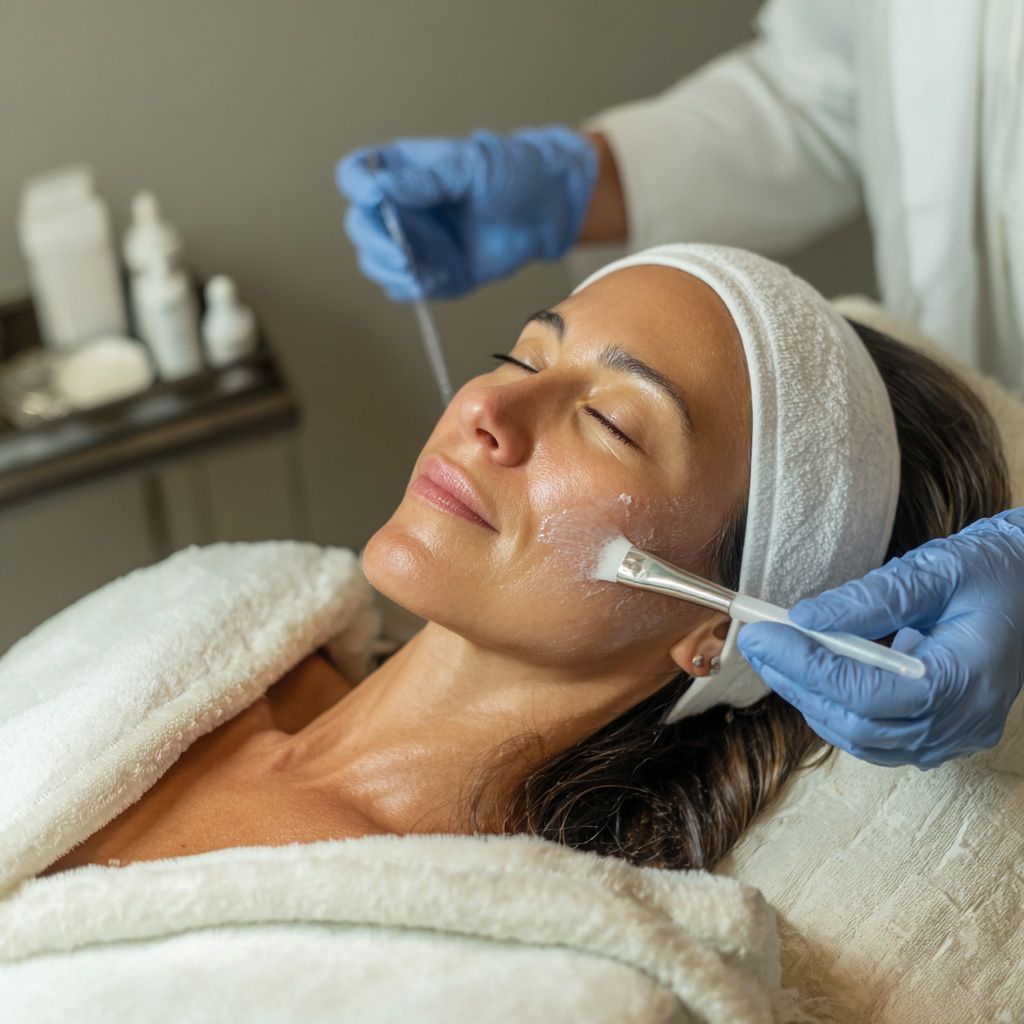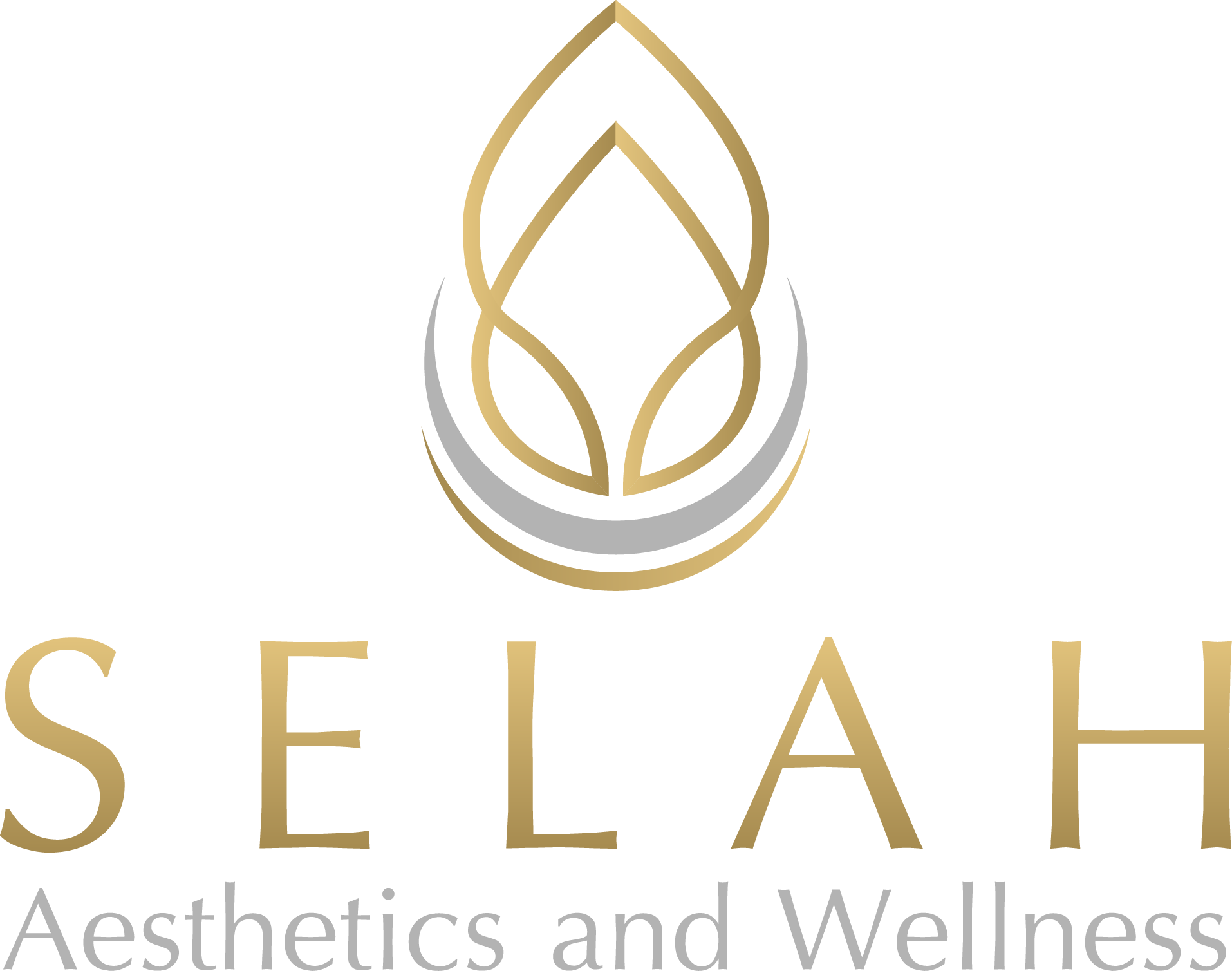Key Takeaways
-
Laser skin resurfacing is a non-invasive treatment that improves skin texture and appearance
-
The procedure uses focused light beams to remove damaged skin layers
-
It can treat wrinkles, scars, sun damage, and uneven skin tone
-
Recovery time varies depending on the type of laser used
-
Results can last several years with proper skincare and sun protection
-
The treatment is available at select clinics in Columbus, GA
Laser skin resurfacing is a popular cosmetic procedure that can help improve the appearance and texture of your skin. This treatment uses focused light beams to remove damaged skin layers, revealing fresher, younger-looking skin underneath. If you're in Columbus, Georgia, and considering this treatment, here's what you need to know about laser skin resurfacing.
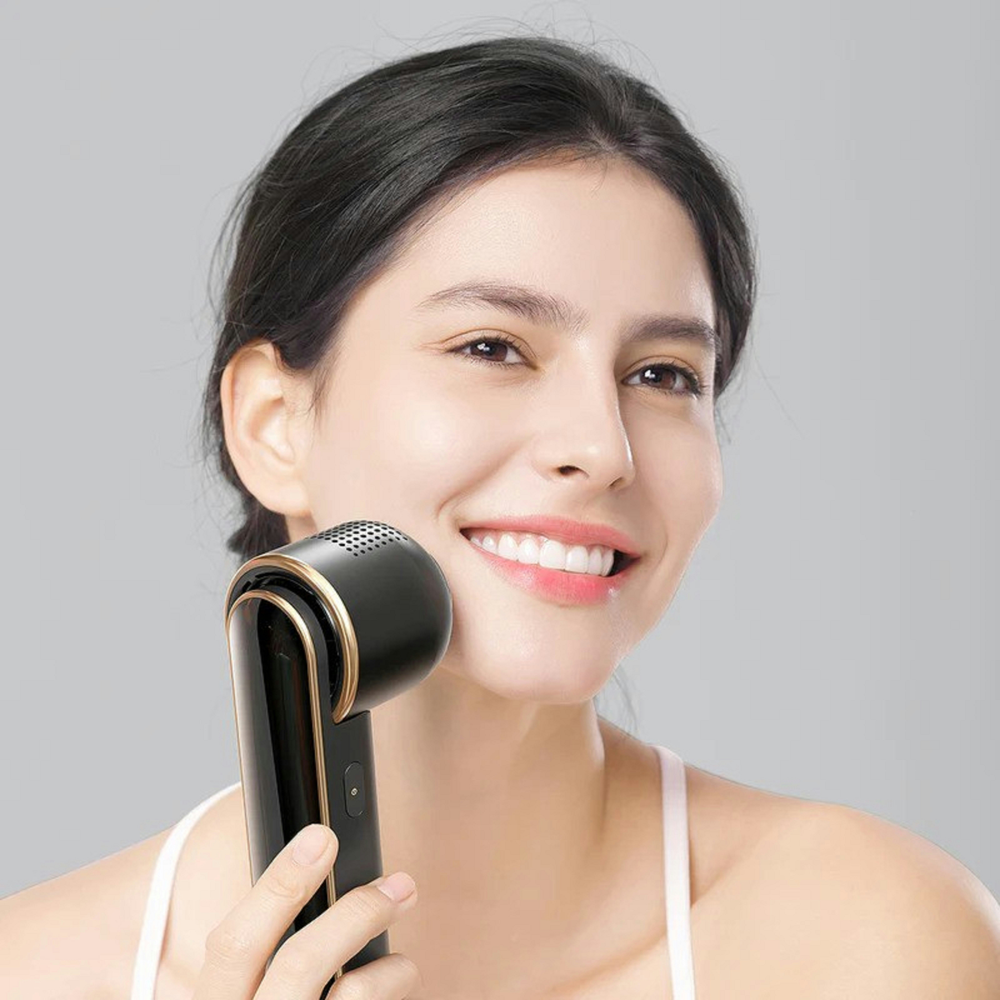
What is Laser Skin Resurfacing?
Laser skin resurfacing is a non-invasive cosmetic procedure that uses laser technology to improve the appearance of your skin. The treatment works by directing short, concentrated pulsating beams of light at irregular skin, precisely removing skin layer by layer.
This process stimulates the production of new collagen fibers, resulting in smoother, firmer skin. The treatment can address a variety of skin concerns, making it a versatile option for many people looking to improve their skin's appearance.
How Does Laser Skin Resurfacing Work?
The science behind laser skin resurfacing is based on the principle of selective photothermolysis. This means that the laser targets specific tissues in the skin without affecting the surrounding areas.
When the laser beam hits the skin, it vaporizes the outer layer (epidermis) and heats the underlying skin (dermis). This controlled damage stimulates the body's natural healing process, promoting the production of new collagen and elastin fibers.
As the skin heals, new skin cells form, creating a smoother, tighter surface. The result is skin that looks younger, fresher, and more vibrant.
Types of Laser Skin Resurfacing
There are two main types of lasers used in skin resurfacing:
Ablative Lasers
Ablative lasers remove the outer layer of skin and heat the underlying skin. This type of laser treatment is more intensive and typically requires more downtime. However, it can produce more dramatic results, especially for deep wrinkles and severe sun damage.
Examples of ablative lasers include:
-
Carbon dioxide (CO2) lasers
-
Erbium lasers
Non-Ablative Lasers
Non-ablative lasers heat the underlying skin tissue without removing the surface layer. These treatments are less intensive and require less downtime, but may need multiple sessions to achieve desired results.
Examples of non-ablative lasers include:
-
Fractional lasers
-
Pulsed-dye lasers
-
Nd:YAG lasers
Benefits of Laser Skin Resurfacing
Laser skin resurfacing offers numerous benefits for those looking to improve their skin's appearance. Some of the main advantages include:
Wrinkle Reduction
One of the primary reasons people choose laser skin resurfacing is to reduce the appearance of fine lines and wrinkles. The treatment can be particularly effective for crow's feet, forehead lines, and wrinkles around the mouth.
Scar Improvement
Laser skin resurfacing can help improve the appearance of acne scars, surgical scars, and other types of scarring. The treatment can help smooth out raised scars and reduce the appearance of indented scars.
Sun Damage Repair
Years of sun exposure can lead to sun spots, uneven skin tone, and a rough skin texture. Laser skin resurfacing can help address these issues, giving your skin a more even, youthful appearance.
Skin Tightening
As we age, our skin loses elasticity, leading to sagging and loose skin. Laser skin resurfacing can help tighten the skin by stimulating collagen production, resulting in a firmer, more youthful appearance.
Pore Size Reduction
Large pores can be a cosmetic concern for many people. Laser skin resurfacing can help reduce the appearance of enlarged pores, giving the skin a smoother, more refined look.
The Laser Skin Resurfacing Procedure
If you're considering laser skin resurfacing in Columbus, GA, here's what you can expect from the procedure:
Consultation
Your journey begins with a consultation at a reputable clinic. During this appointment, a skincare professional will assess your skin, discuss your goals, and determine if you're a good candidate for the treatment.
Preparation
Before the procedure, you may be asked to avoid certain medications and skincare products. You might also be prescribed antibiotics to prevent infection.
The Treatment
On the day of the procedure, your skin will be cleaned, and you may receive a topical anesthetic. The laser device is then passed over the treatment area, delivering precise pulses of light to the skin.
Post-Treatment Care
After the procedure, your skin will be bandaged. You'll receive instructions on how to care for your skin, which may include applying ointments and avoiding sun exposure.
Recovery and Results
Recovery time varies depending on the type of laser used and the extent of the treatment. For ablative laser treatments, you might need 1-2 weeks of downtime. Non-ablative treatments often require little to no downtime.
Initial results are usually visible once the skin heals, but the full effects of the treatment can take several months to appear as your skin continues to produce new collagen.
With proper skincare and sun protection, the results of laser skin resurfacing can last for several years.
Laser Skin Resurfacing in Columbus, GA
If you're in Columbus, Georgia, and interested in laser skin resurfacing, you're in luck. Several reputable clinics in the area offer this treatment. Here's what you should consider when choosing a provider:
Experience and Qualifications
Look for a board-certified dermatologist or plastic surgeon with specific experience in laser skin resurfacing. Don't hesitate to ask about their training and how many procedures they've performed.
Technology
Ask about the type of laser technology the clinic uses. Modern, FDA-approved devices are more likely to provide safe and effective results.
Before and After Photos
Request to see before and after photos of previous patients. This can give you a realistic idea of what to expect from the treatment.
Cost
Laser skin resurfacing costs can vary widely depending on the type of laser used and the extent of the treatment. Be sure to discuss pricing during your consultation.
Potential Risks and Side Effects
While laser skin resurfacing is generally safe when performed by a qualified professional, there are some potential risks and side effects to be aware of:
-
Redness and swelling
-
Changes in skin color
-
Scarring
-
Infection
-
Acne flare-ups
-
Cold sore reactivation
Your provider should discuss these risks with you during your consultation and provide instructions on how to minimize them.
Alternatives to Laser Skin Resurfacing
If you're not sure if laser skin resurfacing is right for you, there are several alternative treatments available in Columbus, GA:
Chemical Peels
Chemical peels use a solution to remove the outer layer of skin, promoting new skin growth. They can address similar concerns as laser resurfacing but are generally less intensive.
Microdermabrasion
This treatment uses tiny crystals to exfoliate the skin's surface. It's less intensive than laser resurfacing and can improve skin texture and tone.
Microneedling
Microneedling uses tiny needles to create micro-injuries in the skin, stimulating collagen production. It can improve skin texture and reduce the appearance of scars and fine lines.
Is Laser Skin Resurfacing Right for You?
Laser skin resurfacing can be an effective way to improve your skin's appearance and boost your confidence. However, it's not right for everyone. You might be a good candidate if:
-
You have skin concerns that can be addressed by the treatment
-
You're in good overall health
-
You have realistic expectations about the results
-
You're willing to follow post-treatment care instructions
The best way to determine if laser skin resurfacing is right for you is to consult with a qualified skincare professional in Columbus, GA.
Preparing for Your Laser Skin Resurfacing Treatment
If you decide to proceed with laser skin resurfacing, here are some tips to help you prepare:
Skincare Routine
Your provider may recommend changes to your skincare routine in the weeks leading up to your treatment. This might include avoiding certain products or incorporating specific preparations.
Sun Protection
It's crucial to protect your skin from sun exposure before and after your treatment. Use a broad-spectrum sunscreen with at least SPF 30 daily.
Medications
Inform your provider about any medications you're taking. Some medications might need to be adjusted or temporarily stopped before the procedure.
Lifestyle Changes
You may be asked to stop smoking and avoid alcohol for a period before and after your treatment, as these can interfere with healing.
Post-Treatment Care
Proper care after your laser skin resurfacing treatment is crucial for optimal results and to minimize complications. Here are some general guidelines:
Cleansing
Gently clean your face with a mild, non-irritating cleanser as directed by your provider.
Moisturizing
Apply recommended ointments or moisturizers to keep your skin hydrated and promote healing.
Sun Protection
Avoid direct sun exposure and use a broad-spectrum sunscreen daily, even on cloudy days.
Follow-up Appointments
Attend all scheduled follow-up appointments so your provider can monitor your healing and results.
Long-Term Skin Care After Laser Resurfacing
To maintain the results of your laser skin resurfacing treatment, consider incorporating these habits into your long-term skincare routine:
Daily Sunscreen Use
Continue to use a broad-spectrum sunscreen daily to protect your skin from further sun damage.
Healthy Lifestyle
Maintain a healthy diet, stay hydrated, and avoid smoking to support overall skin health.
Regular Skincare Routine
Use gentle, high-quality skincare products suited to your skin type. Your provider can recommend a suitable routine.
Maintenance Treatments
Consider periodic maintenance treatments to prolong the results of your laser skin resurfacing.
Cost of Laser Skin Resurfacing in Columbus, GA
The cost of laser skin resurfacing in Columbus, GA can vary depending on several factors:
These are estimated ranges, and actual costs may vary. Many providers offer financing options to help make the treatment more affordable.
Conclusion
Laser skin resurfacing can be an effective way to improve your skin's appearance and boost your confidence. If you're in Columbus, GA, and considering this treatment, take the time to research your options and consult with a qualified provider.
Remember, the key to successful laser skin resurfacing lies in choosing an experienced provider, following pre and post-treatment instructions carefully, and maintaining a good skincare routine. With the right approach, you can enjoy smoother, younger-looking skin for years to come.

Lauren Hodge, MSN, FNP-C, is a board-certified Family Nurse Practitioner and aesthetic injector in Columbus, GA, with advanced training in regenerative medicine and aesthetics. She combines her background in pediatrics, pain management, and orthopedics with a passion for natural results, helping patients look and feel their best.
